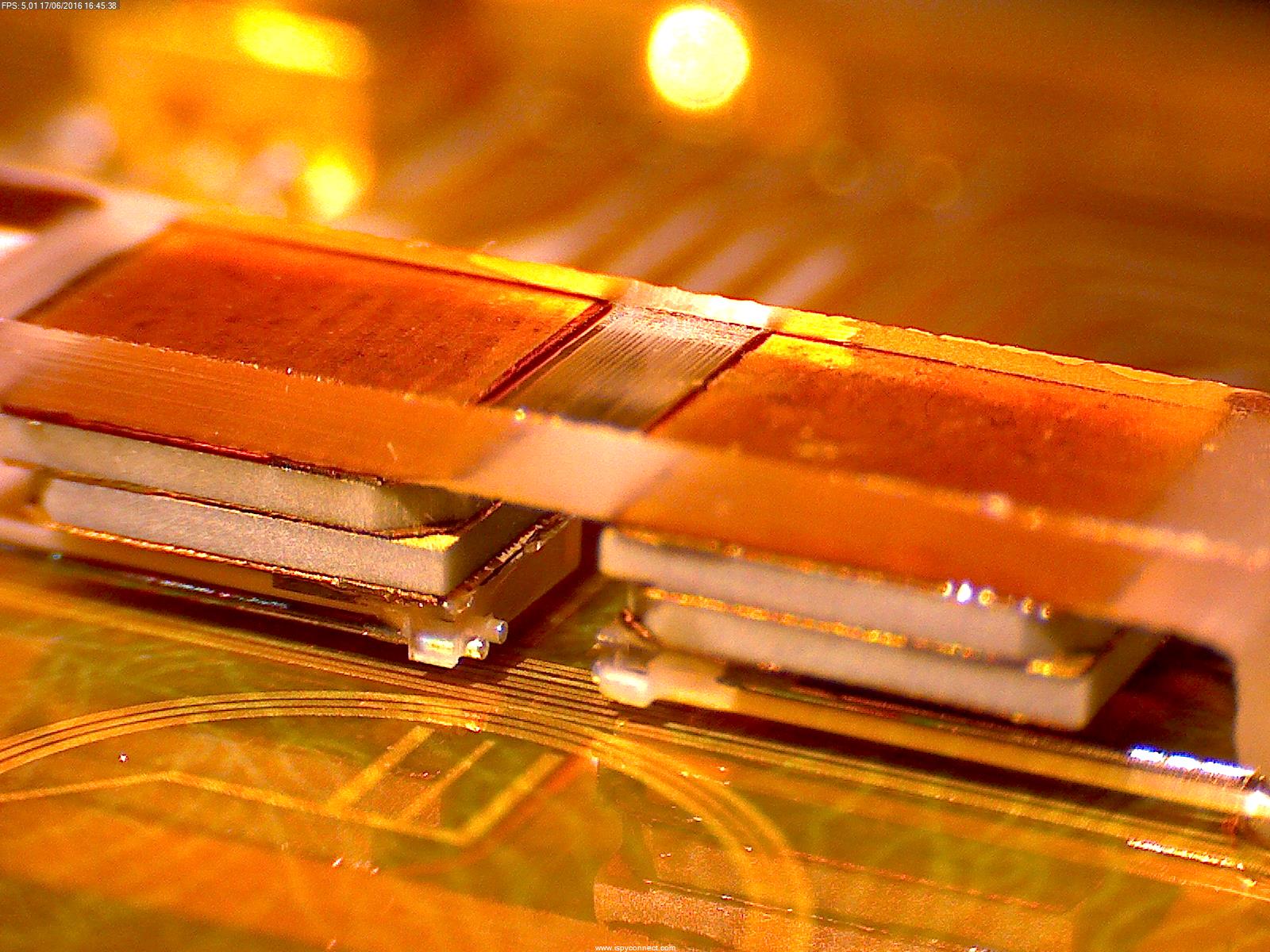Long-lived metrological spin squeezing
Atomic clocks and sensors are among the most precise measurement instruments in the world, but they can still be improved. Indeed, all of them so far use uncorrelated atoms, creating statistical noise known as quantum projection noise. This noise limits their performance once more mundane noise sources have been removed. It is known that this limit can be overcome if atoms are put into a quantum-correlated state called a spin-squeezed state, but the lifetime of such states, produced in the lab, used to be orders of magnitude shorter than what is needed for metrology-grade instruments. In a collaboration with the French national metrology laboratory SYRTE, the Atom Chips group has now produced spin-squeezed states that live for almost a second – enough for a metrology-grade sensor.
Being able to conserve the fragile quantum state for such a long time also leads to new insights into its real-life properties – with a surprising result: the signal produced by the state gets stronger over time, growing to more than 4 times its expected value. The effect is explained by extremely small interactions between the atoms – so small they remained invisible in the earlier, short-lifetime experiments. They conspire with the quantum correlation to amplify the coupling to the optical microcavity that is used for detection.
The microwave clock used in this experiment works in the regime of next-generation compact clocks for global navigation satellites, rising hopes for quantum-enhanced compact clocks in the near future.
These results are published in PRX Quantum 4, 20322 (2023).
Additional references :

